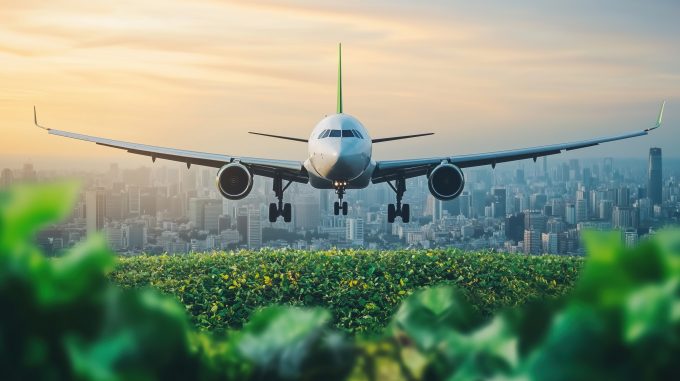'Everyone must be onboard' if IATA's OneRecord is to work
IATA’s OneRecord will benefit the air cargo industry, but only if everyone is on board, ...

Large forwarders choosing where to award their airfreight contracts will not consider “dirty” airlines, as sustainability deadlines loom, head of airfreight for DSV Stefan Krikken told delegates at TIACA’s Air Cargo Forum in Miami this week.
“We have targets that are science-based that we want to meet. We want to be CO2-neutral by 2050 – which we will be, but you have to start now.
“If we wait too long, if we’re not going to make the investments, then we ...
'It’s healthy competition' Maersk tells forwarders bidding for same business
Semiconductors could compensate for air freight's lost ecommerce traffic
Transpacific sees first major MSC blanks as rates fall and volumes falter
'Weakened' Maersk paying a heavy price for its lack of fleet growth
US shippers slam USTR port fee plan – 'an apocalypse for trade'
Opposition builds for final hearing on US plan to tax Chinese box ship calls
Despite sourcing shifts, 'don't write-off China', says CMA CGM CCO

Comment on this article